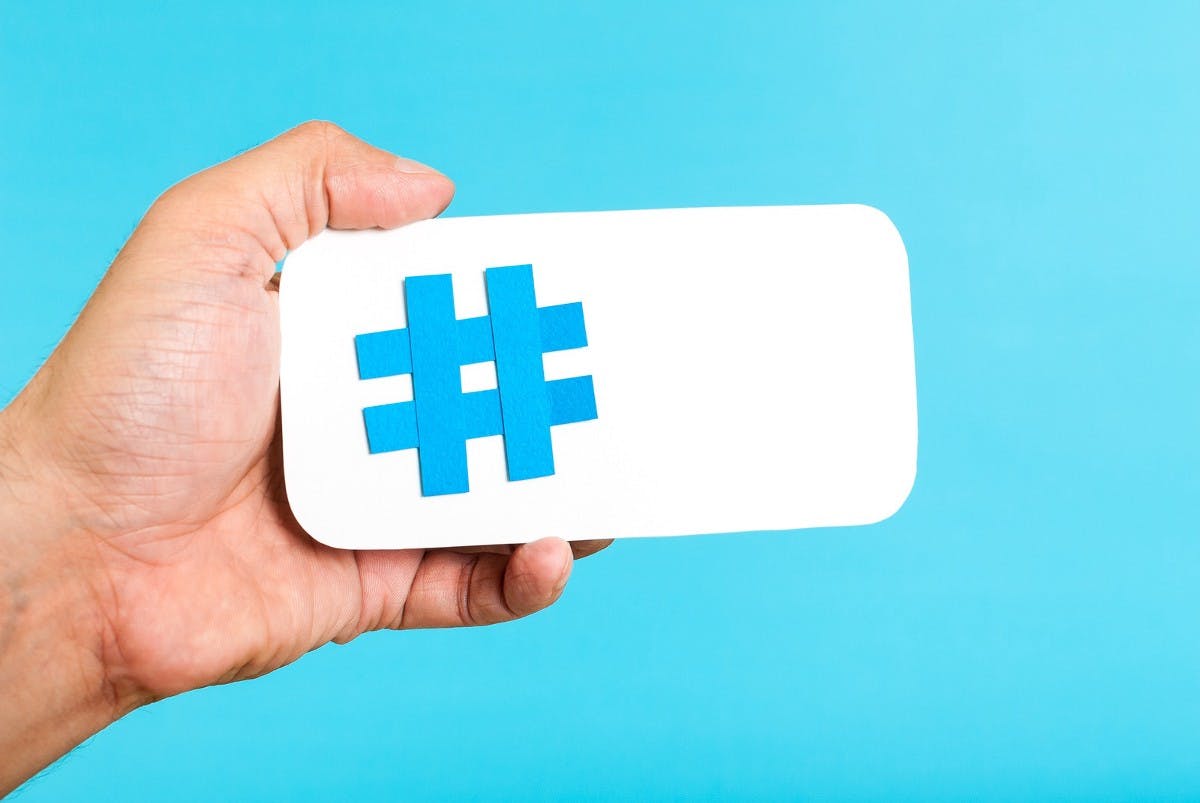849 reads
Twitter didn’t invent the hashtag… Chris Messina did!
by
August 23rd, 2017
Comms + policy. Author of #digitaldiplomacy (2015), Twitter for Diplomats (2013). My views here.
About Author
Comms + policy. Author of #digitaldiplomacy (2015), Twitter for Diplomats (2013). My views here.
